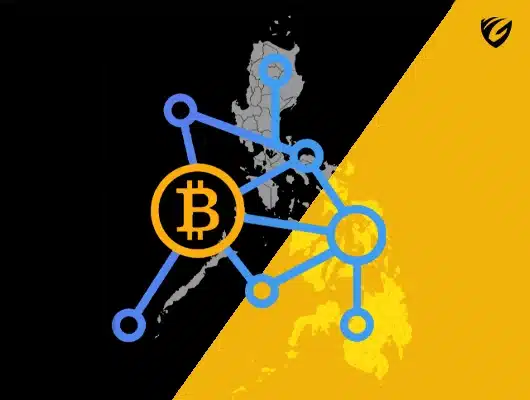AI’s Growing Impact on the Video Game Industry
In recent years, artificial intelligence (AI) has increasingly found its way into the video game industry, impacting jobs and altering how games are developed. Major studios like Activision Blizzard and Riot Games are embracing AI technologies, but the shift is causing concern among many game workers.

AI and Job Losses: A Rising Trend
The gaming industry, worth nearly $200 billion, has seen a significant number of layoffs in recent years. In 2023 alone, around 10,500 industry jobs were lost, with an additional 11,000 layoffs reported this year. Generative AI tools, such as those developed by OpenAI, are a key factor in this trend. While these tools offer efficiency and cost savings, they also contribute to job displacement, particularly in roles like concept art and graphic design.
For many game artists and designers, the integration of AI into game development has led to anxiety about job security. Generative AI tools like Midjourney and Stable Diffusion, which are used to create concept art and marketing materials, are seen by some as threats to their livelihoods. As studios use AI to cut costs and boost productivity, workers fear that their roles may be diminished or eliminated.
The Role of AI in Game Development
AI has long been a part of video game development, handling tasks such as controlling nonplayer characters and managing game environments. However, the current wave of generative AI is different. These systems can create detailed images and designs, potentially replacing traditional artistic roles. Reports suggest that AI might contribute to over half of the game development process in the coming years, further amplifying concerns about job losses.
There is a divide in the industry regarding AI’s impact. Some companies are exploring AI’s potential to enhance game development, while others are wary of its implications. For instance, Blizzard Entertainment has banned the use of publicly available AI generators, preferring to develop its own tools internally. Conversely, Activision Blizzard has incorporated AI in various aspects of its operations, including using AI-generated assets in its games.
Outsourcing and AI Integration
The push towards AI is not only affecting in-house roles but also impacting outsourced work. Studios are increasingly relying on external companies to produce art and assets, often using AI in these processes as well. This trend is visible in countries like China and Japan, where AI tools have significantly reduced the demand for traditional illustration jobs.
As AI becomes more prevalent, there is a growing movement among game workers to seek better protection and representation. Many developers are advocating for unions to ensure that AI is used ethically and with worker consent. This mirrors efforts in other industries, such as Hollywood, where guilds have negotiated protections against the misuse of AI.
Challenges and Uncertainties
Despite the enthusiasm for AI, there are challenges and limitations. Some AI-generated content has proven to be of lower quality or unreliable, leading to mixed results. This inconsistency highlights the need for careful consideration of AI’s role in game development and its impact on job quality.
The future of AI in the video game industry will likely depend on how companies and workers navigate this new landscape. While AI offers potential benefits, it also raises important questions about job security, quality, and ethical use. How the industry adapts and balances these factors will shape the role of AI in gaming for years to come.



